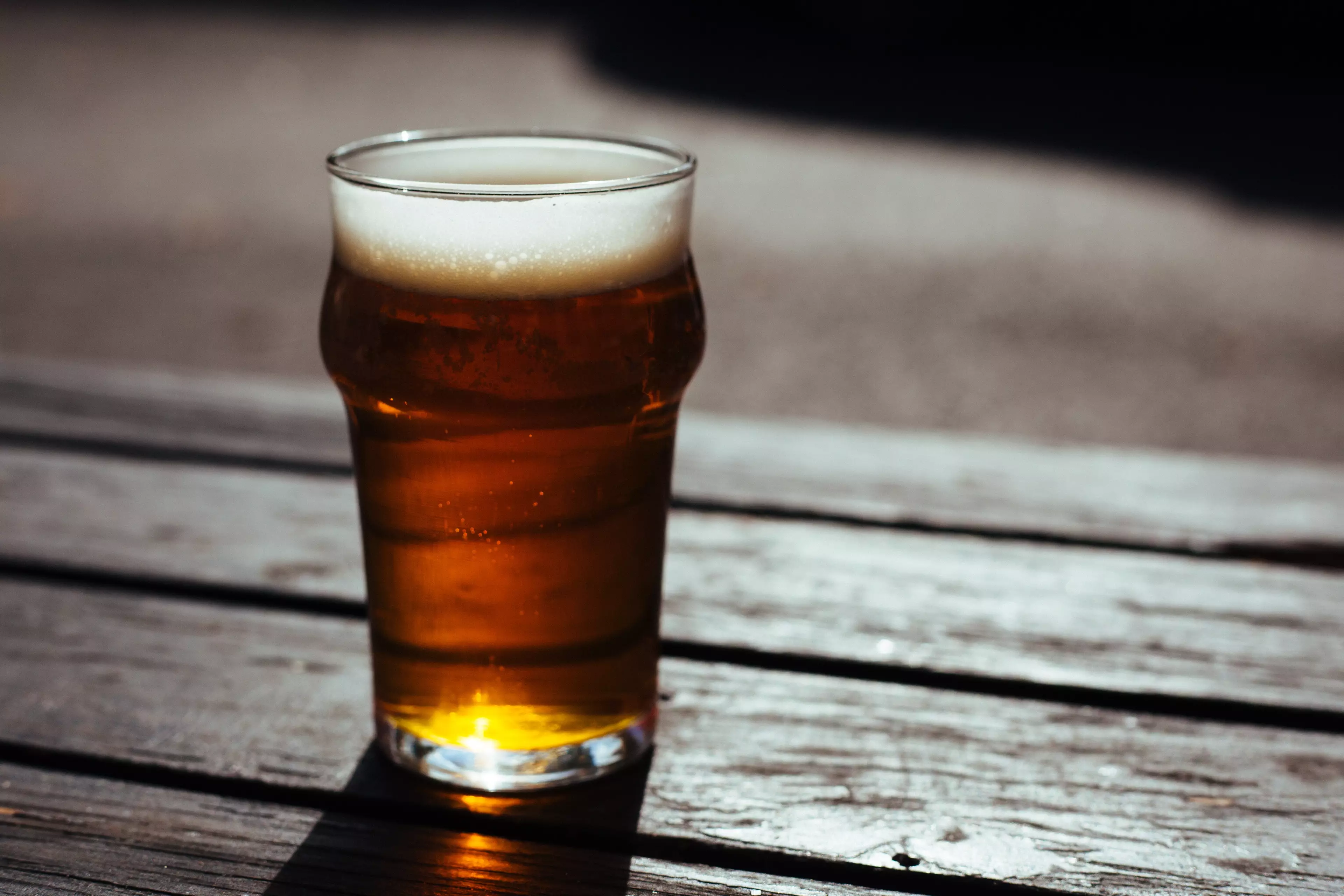
Self-medicating comes in many forms, and it's something we've all been guilty of in one way or another. A cup of tea after a bad day, greasy food on a hangover, or going for a run to clear your head... ring any bells?
But it turns out that Brits' self-medicating habits are a lot more serious than having the odd cuppa, with one in five turning drugs and/or alcohol to cope.
Research conducted by LifeSearch found that 45 per cent of Brits self-medicate their mental health, and 60 per cent admit to having done so in the past. Of these numbers, 40 per cent of women and 37 per cent of men said they medicated with alcohol, with 18 per cent of men and women admitting they'd turned to illegal drugs.

In addition, 38 per cent of Brits said they used exercise to maintain their mental well-being but one in 10 admitted to overdoing it, often exercising to excess.
Advert
The study separated the results by gender. For women, over or under-eating was their biggest form of self-medication, with 61 per cent admitting to using food to make them feel better. Next was shopping or spending, with 53 per cent admitting to getting bank card happy when they felt low.
And 31 per cent used sex, while 29 per cent said they used gaming and over-exercising to self-medicate.

As for men, their biggest vice to self-medicate with was alcohol, followed by over or under-eating, which 33 per cent admitted to, followed by sex and shopping or spending, which 31 per cent admitted to in both categories.
Advert
Emma Walker from LifeSearch said: "While awareness of mental health is higher than it's ever been, we're seeing a gap between understanding and action.
"Many people don't realise that their relationship with things like alcohol, drugs and exercise can be tightly related to their mental wellness and, alarmingly, when they do they can be too afraid to talk about it.
"Often, using a coping mechanism like alcohol or drugs seems like the easy way out, however it doesn't solve the issue at hand."
She added: "Swerving meeting your issues head-on or avoiding speaking the truth can have severe long-term implications, causing heartache for our loved ones later on."
Advert
The research also found that when it comes to talking about mental health, one in eight don't feel comfortable, while only two in five talk to their partner about it.
The study was conducted as part of LifeSearch's Lets Start Talking campaign to raise awareness of mental health.
Featured Image Credit: Pexels/Helena LopesTopics: Life News, Mental Health, Alcohol